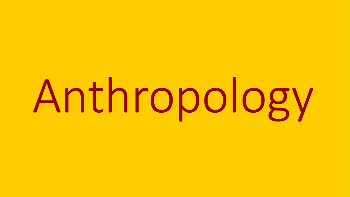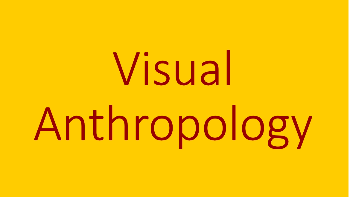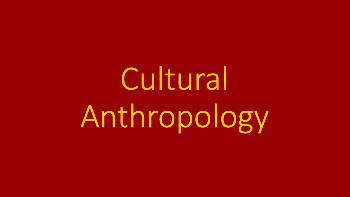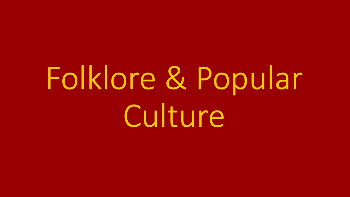Anthropology
By providing students with tools for better understanding human diversity and complexity, the Anthropology Major prepares students for careers in global health and medicine, museums, law, government, environmental management, entrepreneurship and international business, education, and the arts.
Global Studies
Global Studies is an interdisciplinary major at USC, that draws on a foundational study in anthropology and related disciplines including political science, international relations, history, foreign languages and religion. It offers students the opportunity to learn about the world from a variety of academic perspectives and to make connections among them. Along with the required core and collateral courses, the elective units allow sufficient flexibility to complete course prerequisites for regional and area studies programs, law school, and business school.
Visual Anthropology
In the Visual Anthropology Major, students are encouraged to embark on independent research projects where they not only gain insights into diverse cultural contexts but also employ a diverse range of media tools. From crafting documentary videos that capture the essence of their subjects to creating compelling photo essays that tell powerful visual stories, students explore innovative ways to engage with their research topics.
Cultural Anthropology
Cultural Anthropology is the comparative study of human culture and society, the study of how individuals and communities are shaped by their traditions, values, and institutions. The cultural anthropology minor provides students with training in anthropological theory, as well as opportunities to study and apply anthropological insights in an interdisciplinary context.
Medical Anthropology
The Medical Anthropology Minor provides students with the tools to analyze and understand health, wellness, and the body as understood in a cultural frame; and to gain a deeper understanding of medicine itself as a social and historical practice.
Folklore & Popular Culture
The Minor in Folklore and Popular Culture aims to lay the basis for students’ understandings of the theories and techniques of understanding folklore and popular culture and to offer students the opportunity to conduct their own original research on folklore and popular culture.
Food & Society
The interdisciplinary minor in Food and Society at USC explores food as a complex social phenomenon, shaped by human knowledges, practices, and ecologies. Grounded in Anthropology, the minor in Food and Society examines the diversity that characterizes human relationships to food, and uses the tools of social analysis to gain critical insight into the complex social forces that shape food systems.
International Health, Development & Social Justice Interdisciplinary
This minor is intended for students who wish to understand the challenges associated with health care as an ethical issue in the international context. In doing so, it focuses on the convergence of three large fields of inquiry, raising questions about their intersection. Social justice is concerned with equity, with questions of fairness as they inform (or should inform) access to resources necessary for the survival and well-being of people around the globe.
How do I declare a major or minor in anthropology?
To declare an Anthropology major or minor, make an appointment to meet with the Anthropology Undergraduate Academic Advisor, Kim Vinson vinson@usc.edu, who can:
- Give you an overview of the field of Anthropology,
- Help you understand the requirements for the various majors and minors offered by the USC Anthropology Department,
- Develop a course plan for your entire stay at USC,
- Examine study abroad and research opportunities in Anthropology and related disciplines,
- Discuss internships and career development opportunities related to Anthropology,
- Speak with you about your plans after graduation.









